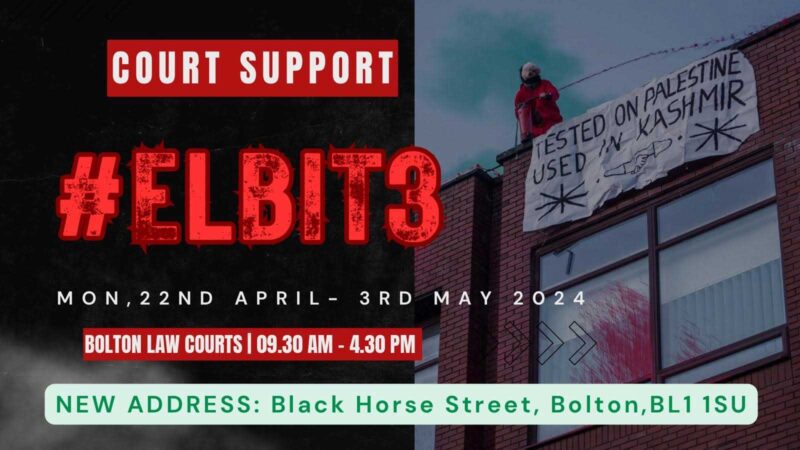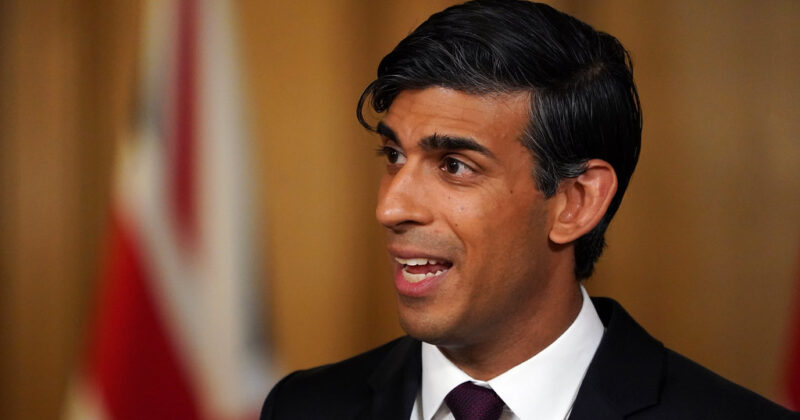Syria: Assad's concessions are a fraud
 Despite president Bashar al-Assad’s promises not to shoot protesters, his regime has continued to kill civilians, most recently in Damascus and Homs. The Arab League’s week-long talks to produce a peace plan made his regime hypocritically issue an amnesty for those carrying arms. But the uprising itself remains largely unarmed, while most armed civilians belong to pro-regime militias, despite the desertion or defection of some soldiers and officers to the “Free Syrian Army”.
Despite president Bashar al-Assad’s promises not to shoot protesters, his regime has continued to kill civilians, most recently in Damascus and Homs. The Arab League’s week-long talks to produce a peace plan made his regime hypocritically issue an amnesty for those carrying arms. But the uprising itself remains largely unarmed, while most armed civilians belong to pro-regime militias, despite the desertion or defection of some soldiers and officers to the “Free Syrian Army”.
Opposition groups called for Friday protests to “test” Assad’s commitment, leading to clashes on 4 November. Despite eight months of bloody repression, the people still remain on the streets.
Unlike Egypt, Tunisia and now Libya, where the people have disposed of their dictators, Syria has not yet been able to do the same. Assad has refused to step down and has killed housands to stay in power. Arab League negotiators have proposed the release of all political prisoners, a new constitution and free presidential and parliamentary elections monitored by foreign observers. But opposition groups do not want to enter a dialogue while the regime remains in place.
Burhan Ghalioun, a senior figure in the exiled Syrian National Council commented: “We offered to engage in negotiations to move from a authoritarian regime to a democratic regime. And we ask that Bashar al-Assad resign.” The opposition has also demanded the end of the 48 year old state of emergency, which Assad had provisionally suspended in April, an end to torture and extrajudicial killings, and the release of thousands held without trial. Assad has offered little to meet these demands, making only token moves to buy time from the West and from the other Arab regimes.
Against imperialist intervention
The West itself remains confused as to how to deal with the situation. After the fall of Libya’s dictator Gaddafi, some in Europe and the US began to call for a new military intervention in Syria. However, NATO chief Anders Fogh Rasmussen has categorically ruled it out. Gaddafi’s overthrow has also emboldened the Syrian people, showing them that anything is possible.
Indeed, Western intervention would be devastating in Syria, a front-line state in the struggle with Israel. Its evident intention would be to co-opt the Syrian opposition, much as in Libya, although the situation in the two countries is very different.
Syria’s domestic opposition has near-unanimously rejected foreign intervention, even as the regime continues to accuse them of paving the way for it, while the few figures in exile that have called for it have very little influence on the ground.
Resistance needs co-ordination
It is crucial that the movement against the regime remains united, co-ordinated, and free from religious sectarianism. While most protesters have, quite naturally, been drawn from the country’s Sunni Muslim majority, the protests have drawn in people from all of Syria’s minorities, despite the regime’s attempts to hold the Christian, Alawi and other minorities hostage to its continued rule.
On the other hand, the Assad regime’s leading figures are largely drawn from the Alawi minority to which Assad also belongs, and many ordinary Alawis fear retribution and bloodletting if he is toppled.






